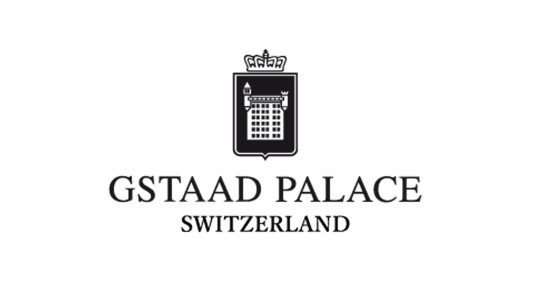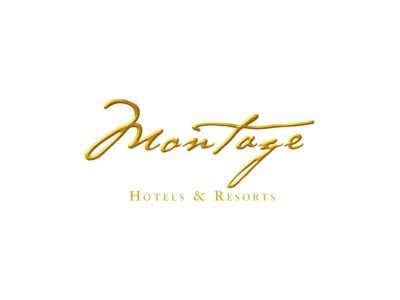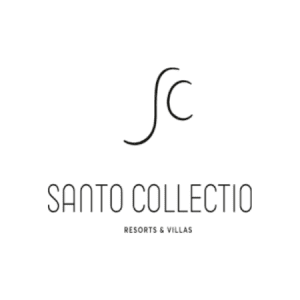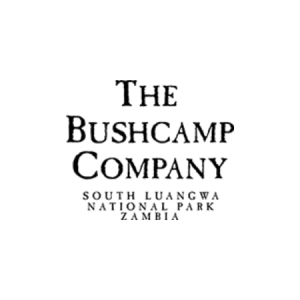-
Sectors
Travel & Hospitality
It isn’t enough to have fingers on the pulse of travel and hospitality. We put our feet on the ground, ourselves in the seats, and our eyes on the next destinations to best trumpet the memory-making moments created by travel operators, hoteliers, cruise lines, private airlines, and more. Our public relations and digital specialists excel at connecting clients to consumers and media that matters, and creating excitement on every continent.
Hawkins International
Hawkins International
Hawkins International has been a recognized leader and global player in travel and hotel public relations, communications, and digital strategy for premier luxury travel, hospitality, wellness, and lifestyle brands for over 20 years. Founded by Jennifer Hawkins in 2002 and now the core of the FINN Partners US Travel Team, the award-winning, bi-coastal agency takes a modern approach to communications, combining tried-and-true public relations strategies with a robust menu of digital services.
Hawkins International earned a distinguished reputation in luxury hospitality through its exceptional work with a diverse roster of high-profile clients. With Jennifer now Managing Partner, Luxury Travel of FINN Partners, the team continues to attract iconic independent properties, major multinational hospitality groups, and up-and-comers alike that serve patrons with style in desirable destinations worldwide.
Known for its strategic, results-driven approach, Hawkins International has received numerous awards for its innovative campaigns and ability to drive meaningful engagement – crafting compelling press materials, orchestrating high-impact media events and leveraging strategic partnerships and influencer collaborations.
Sectors
-
Sectors
Luxury
Our focus has always been on luxury, and with travel, hospitality, and lifestyle brands now taking the genre to inventive heights, we’re delighted to focus on what we know best. While one person’s luxury may be another’s convenience, we are practiced at pitching and promoting both with deserved eloquence, shaping news of exclusive travel experiences, personal services, and finer things that wait on the retail shelves to create enjoyment for the highest-end consumers.
-
Sectors
Wellness
Ahead of the trend, we’ve been promoting wellness providers since our inception, mindfully monitoring new developments and crafting standout communications strategies. From putting life-enhancing wellness destinations at the top of travel itineraries to building renown for inventive healers – and engaging with top industry observers for insights into the still-growing sector – we employ our communications know-how to ensure that wellness thrives. That’s why we’ve been involved with the Global Wellness Summit and Institute for many years.
-
Sectors
Consumer & Lifestyle
While luxury travel is our focus, we also excel in promoting luxury lifestyle products and elevated retail experiences. From promoting artisan cooking oils, launching upscale retail destinations, and everything from fashions to furnishings to facials for our hospitality clients, we understand high-end shoppers and create campaigns that drive sales.
Services
-
Services
Content Marketing
Content marketing is critical for brands looking to create emotional connections with their audience, drive engagement, and cement brand affinity for bottom-line benefits. We’ve refined creative strategies that enhance client visibility, showcase expertise, and capture media attention through asset libraries, thought leadership essays, and strategic content distribution. Our team ensures your content marketing consistently delivers impact across the most effective platforms.
-
Services
Crisis Communications
Crafting the right message during crises can be the difference between a brand’s success or collapse, especially in today’s digital landscape. While we hope you never need it, we collaborate with the team at FINN Partners to provide expert crisis management, offering round-the-clock support from communications and social media specialists to help clients weather storms, restore reputations, and focus on what they do best.
-
Services
Digital Marketing
Our digital marketing expertise drives more than just “likes”—we create compelling content, targeted ads, and integrated campaigns to engage social media audiences and boost conversions. As early adopters of digital media for PR, our team takes a proactive approach to turning social media fans into customers, offering full-service management or coaching to in-house marketing teams looking to optimize their social strategy.
-
Services
Influencer Marketing
We are strong advocates of using digital creators, and building long-term relationships with top-tier influencers to become brand ambassadors for hotel brands, travel operators, and lifestyle products. Our digital strategists leverage key analytics and audience demographics to pinpoint the best influencers for your brand, ensuring impactful partnerships. With our expertise in negotiation, we maximize the benefits of each influencer activation, making it a powerful tool for building awareness and engagement.
-
Services
Public Relations
Combining a passion for luxury travel and lifestyle with creative storytelling, top-tier media connections, and digital and social media expertise, we are a one-stop shop for PR that delivers. With offices in NYC and LA, plus remote talent across the U.S. and Canada, our award-winning agency offers innovative communication strategies. Our proprietary LaunchPad™ approach to openings and re-brandings, Media Intelligence Team, and an operational ethos that sees clients as partners and our team as an extension of theirs, is the source for results-driven, fully integrated PR that boosts bottom lines and elevates messaging.
Leadership
- Jennifer Hawkins
Managing Partner - Christina Gnozzo
Vice President - Natalie Wayt
Vice President - Rachel Hillman
Partner - Neal Santelmann
Editorial Director - Chad Belisario
Vice President - Valérie Vaillancourt
Social Media Director - Caroline Keane
Associate Vice President - Elise Carlin
Associate Vice President









